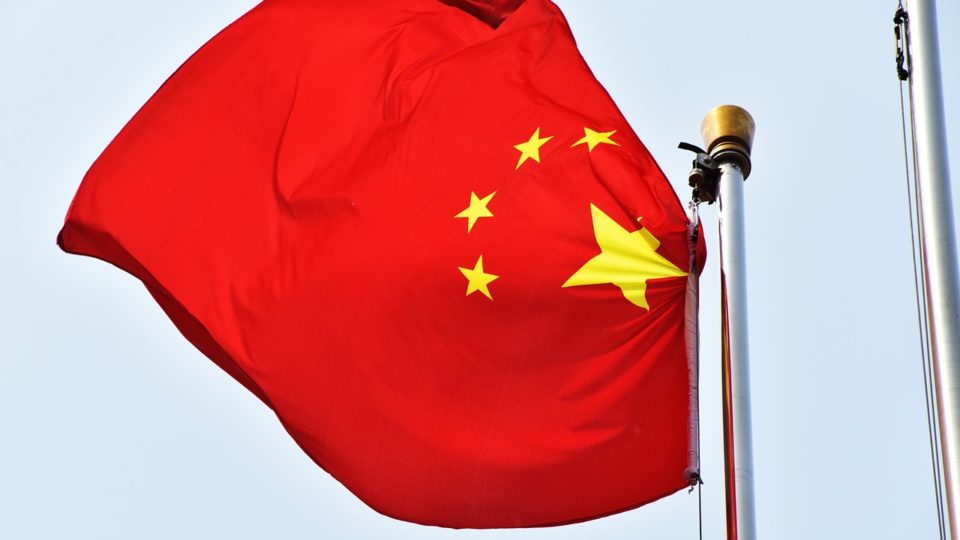The Chinese Embassy in Manila yesterday criticized a plan by the government-owned company in charge of the nation’s casinos to transfer Chinese workers to self-contained hubs that would limit their interaction with Filipinos.
The embassy expressed its “grave concern” over the Philippine Amusement and Gaming Corporation’s (PAGCOR) plan in a statement that appeared on its official website. It said the plan “may infringe on the basic legal rights of the Chinese citizens concerned.” The embassy also said “it strongly urges the Philippine government to effectively protect the legitimate rights and interests of Chinese citizens in the Philippines.”
The statement came in reaction to statements made by PAGCOR vice president for offshore gaming Jose Tria on the television talk show The Chiefs on Tuesday. Tria said they hoped to move the Chinese workers to such hubs to prevent conflicts between them and Filipinos, many of whom have become uncomfortable with the foreigners’ increasing presence in the Philippines.
Read: Duterte’s national security adviser says influx of Chinese nationals in PH poses security threat
“These will be self-contained communities where we can avoid interactions between Filipinos and foreign workers,” said Tria. “We will move them there so that they’re easier to monitor,” he said.
In their statement, the Chinese embassy pointed out that it has encouraged its citizens to follow local laws and to not work illegally in foreign countries. However, it said that some Philippines-based gaming companies have failed to provide the necessary visas for its Chinese workers.
“A large number of Chinese citizens have been illegally recruited and hired in the Philippine gambling industry… Some Chinese citizens are even lured into and cheated to work illegally with only tourist visas,” it said.
It also lamented that these workers have been subjected to what it calls were forms of “modern slavery.”
“Their passports are taken away or confiscated by the Philippine employers. They are confined to live and work in certain designated places and some of them have been subjected to extortion, physical abuse, and torture as well as other ill-treatments. At the same time, dozens of kidnappings and torture cases of Chinese citizens who gamble or work illegally in gambling entities in the Philippines have taken place,” the embassy said.
Read: Gov’t to probe immigration officials who allegedly allow illegal Chinese workers to enter PH
Kidnappings of Chinese nationals have featured frequently in local media. The victims are typically casino players who are abducted by loan sharks when they fail to pay back their debts. The kidnappers are Chinese nationals who sometimes work with a Filipino associate.
The embassy then urged the Philippine government to “prevent and punish the Philippine casinos, POGOs (Philippine Offshore Gaming Operators) and other forms of gambling entities for their illegal employment of Chinese citizens and crack down related crimes that hurt Chinese citizens.”
Chinese workers in the Philippines have reportedly increased in the past few years, with many of them working in gaming companies where their language skills are needed to deal with Chinese clientele.
This has sparked worry among critics, who say that Filipinos are losing jobs to the Chinese. They point out that the 1987 Constitution mandates that Filipinos get preferential treatment when it comes to employment.
The presence of many Chinese workers has even led National Security Adviser Hermogenes Esperon, a key adviser to President Rodrigo Duterte, to say that those working illegally in the country could be considered a national security threat.
President Duterte’s government is generally perceived to have pro-China policies. He said in February that he didn’t want to kick out illegal Chinese workers from the Philippines because this might also lead to the deportation of undocumented Filipinos working in China.




